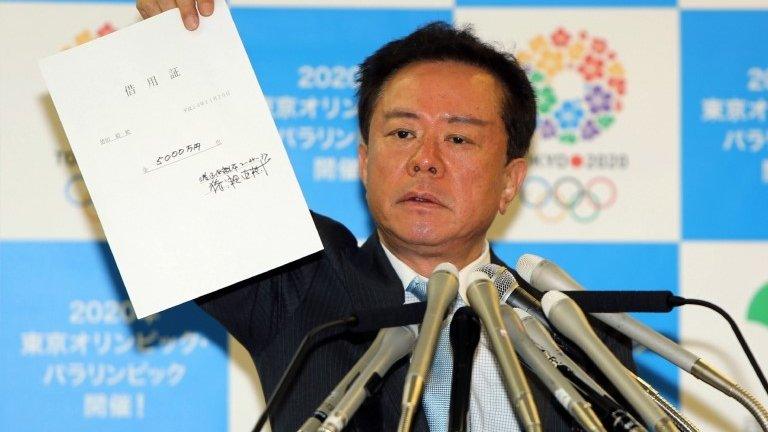Tokyo Governor Yoichi Masuzoe resigns over spending scandal
- Published

Mr Masuzoe had been facing growing pressure to resign his position
The governor of Tokyo has said he is standing down amid a spending scandal, Japanese media report.
Yoichi Masuzoe has faced fierce criticism over allegations he used official funds to pay for holidays, art and comic books for his children.
He had been expected to lose a no-confidence vote in the Japanese capital's assembly later on Wednesday.
The scandal, which threatened to embarrass the 2020 Olympic host city, comes ahead of upper house elections.
It is being seen as potentially damaging to Prime Minister Shinzo Abe's Liberal Democratic Party's (LDP) chances in the 10 July vote.
Mr Masuzoe, who won election promising a scandal-free administration, has denied breaking the law, but admitted to ethical lapses around his lavish spending.
Spas and shirts
In April, it was revealed that Mr Masuzoe was using his official car to be driven to a weekend cottage south of Tokyo.
Further allegations later emerged of excessive spending on official trips, accommodation in high-end spas, lavish family outings and expensive clothing.
He said many of the items, including Chinese silk shirts, were research or work-related materials. He also initially said reservations had been made by his assistants and that his accountant may have erroneously booked some personal expenses as work-related.
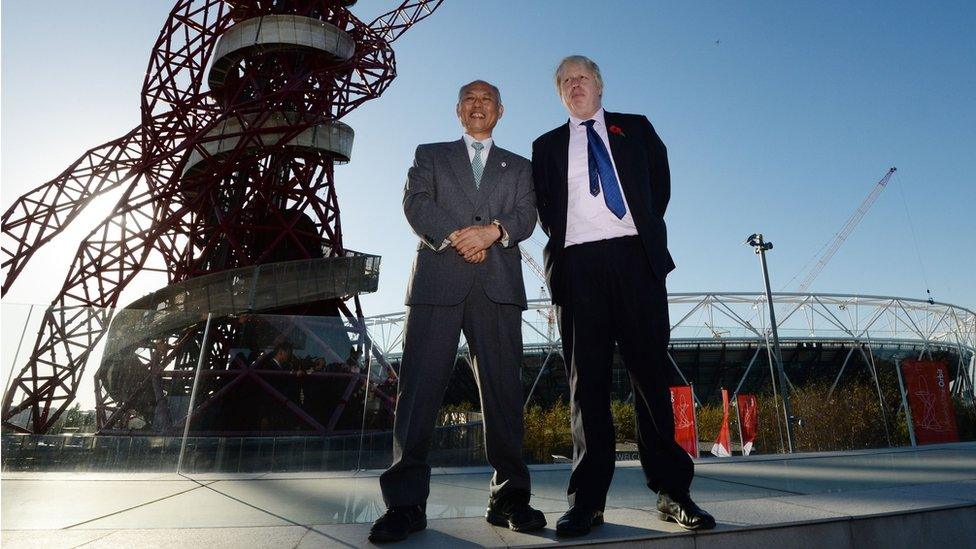
Trips to London and Paris were among those said to have breached official spending limits
He was quoted in Japanese media as saying it was important for him to visit his holiday home regularly as it had a bigger bath, enabling him to stretch out his legs and keep him refreshed.
The governor later said he would return money that he admitted had been wrongly claimed and promised to rein in spending.
His predecessor, Naoki Inose also quit over a funding scandal in 2013, soon after Tokyo won the right to host the Olympics - a project that has itself been hit by scandal, overspend and other administrative fumbles.
Mr Masuzoe's resignation means a stand-in governor is likely to accept the Olympic flag for Tokyo at the end of the Rio Olympics in August.
- Published12 May 2016
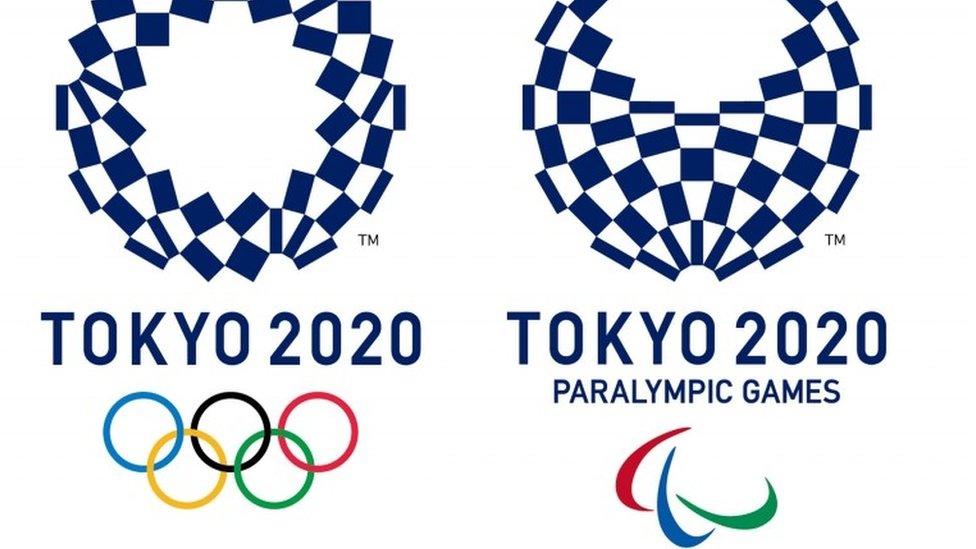
- Attribution
- Published19 December 2015
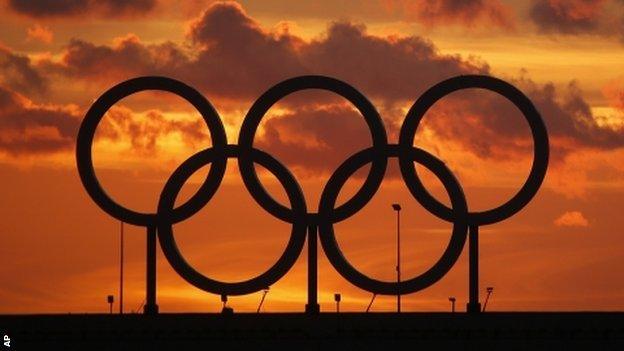
- Published10 February 2014
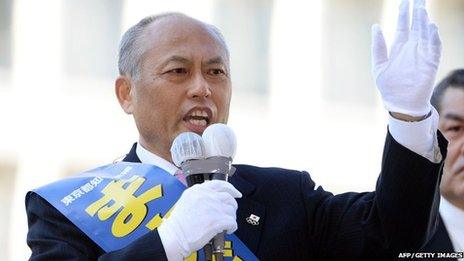
- Published19 December 2013
